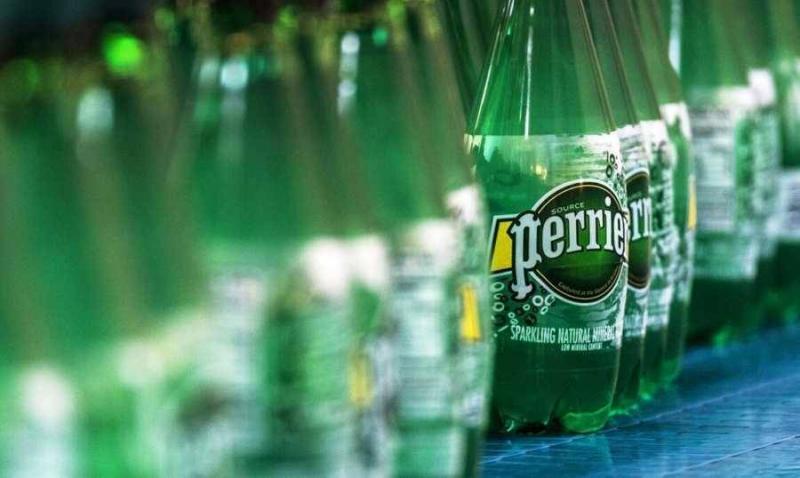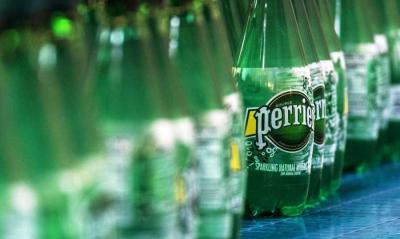It seems that "Nestlé" is going through its worst days, surrounded by many questions. After the scandal involving baby formula and manipulation of sugar levels in products in poor countries, the issue of contamination in part of its bottled water production, "Perrier," has once again raised concerns about the fragility of food security. This opposition to the company's behavior is not new; the mineral water production company, which also owns "Vittel," "Contrex," and "Evian" in France, has faced pressure since the end of January when it admitted to using banned ultraviolet treatments and activated carbon filters in some of its mineral waters to maintain "food safety."
On April 19, the governor informed "Nestlé" that it must "suspend the use of one of its water sources in Vergèze," as reported by the AFP agency. This source has experienced contamination since March 10, 2024, due to bacteria originating from feces, including "coliforms, E. coli," as well as "Pseudomonas aeruginosa." For its part, "Nestlé Waters" confirmed that "hundreds of large packages" usually delivered to stores were destroyed "as a precaution."
But what about the quantities present in Lebanon? Will they also be withdrawn from the market, or has the contaminated shipment not yet arrived? "Nestlé" assures "An-Nahar" that all bottles of "Perrier" natural mineral water available on shelves and with our customers in Lebanon are safe to drink. No affected products were shipped from France, and those that were destroyed were precautionary measures because we believe that food safety and quality are our priorities."
Regarding the risks of exposure to these bacteria and parasites on human health, and how to prevent this negative impact, Professor and food science researcher at the Lebanese American University, Hussein Hassan, clarifies that bacteria that spread from feces to water are due to water contamination by organic materials (human or animal waste). Contaminated water seeps through wells, springs, and rivers, considered sources of water for irrigation, drinking, or industry. Using this contaminated water can lead to the transmission of infections (E. coli, Salmonella, Shigella) that are responsible for foodborne illnesses or known as food poisoning. These infections can lead to several health symptoms, the most important being diarrhea, vomiting, and intestinal inflammation. According to Hassan, there is fear that these symptoms could be severe, as acute diarrhea for several days may lead to dehydration and potentially death, especially in infants, the elderly, or individuals with weakened immune systems.
As for the types of bacteria and parasites that can be transmitted from water to drinks and food, Hassan explains that "E. coli" bacteria, which are present in the intestines of humans and animals, are considered beneficial for digestion; however, once they leave our bodies in feces, they become dangerous. Various types of bacteria can be transmitted, but the most notable include Salmonella, Shigella, E. coli, and Escherichia coli. Regarding parasites, there are Giardia Lamblia and Cryptosporidium, which cause gastrointestinal inflammation.
Amid the proliferation of bacteria and parasites and various sources of contamination around us, the most important question remains: what can be done to avoid this food and water contamination? Hassan emphasizes the importance of following these guidelines:
- Know the source of the water used for drinking, irrigation, or cooking, and avoid using suspicious sources on a daily basis (bathing) or in cooking.
- Sterilize water and boil it well as an effective way to eliminate bacteria and parasites.
- Focus on the importance of personal hygiene, such as washing hands well before and after eating.
- Avoid cross-contamination by using cutting boards when preparing raw and cooked food to prevent the spread of infections.
- Cook food thoroughly (especially meat, chicken, pork, and fish).
- Store food properly (maintaining proper temperatures for storing meat, dairy, cheeses, eggs, and other foods that can become contaminated due to improper storage).
- Increase awareness about the risks of this issue and how to take preventive measures to avoid this contamination.




